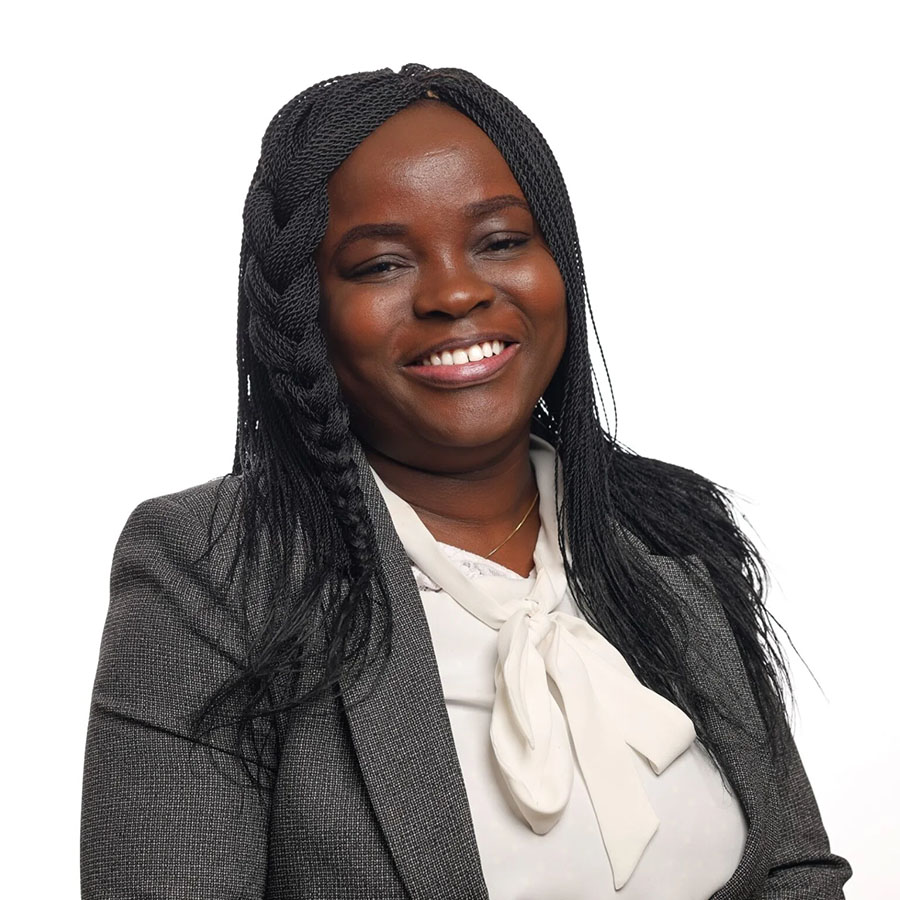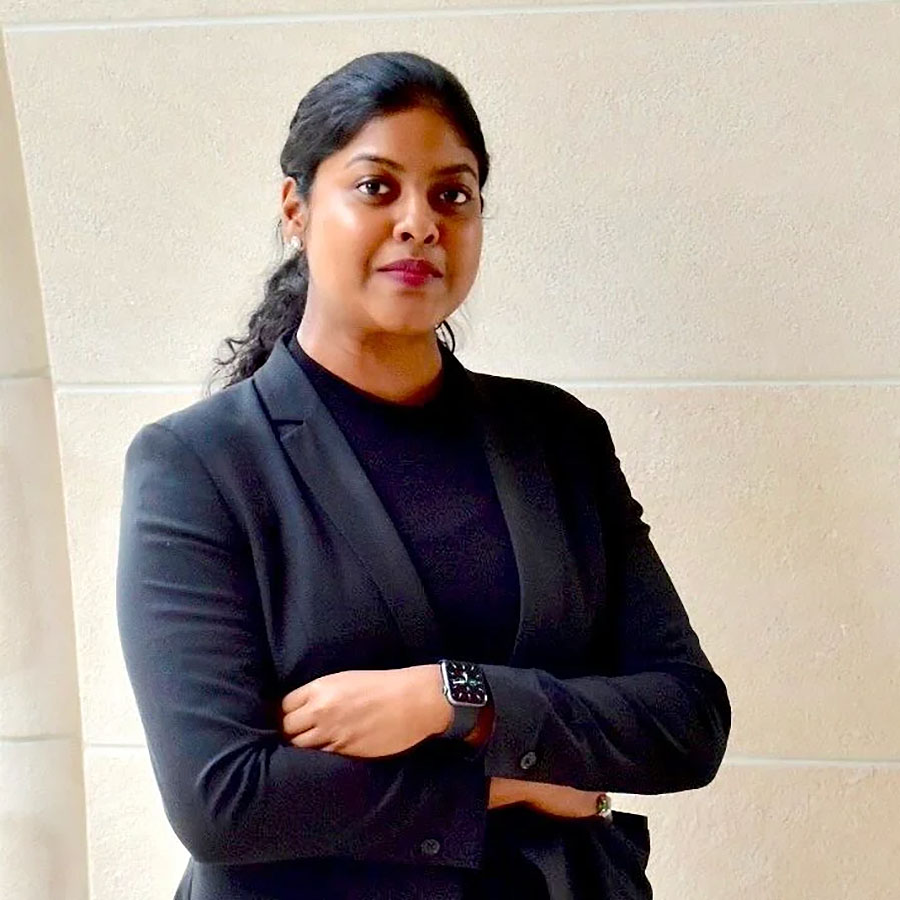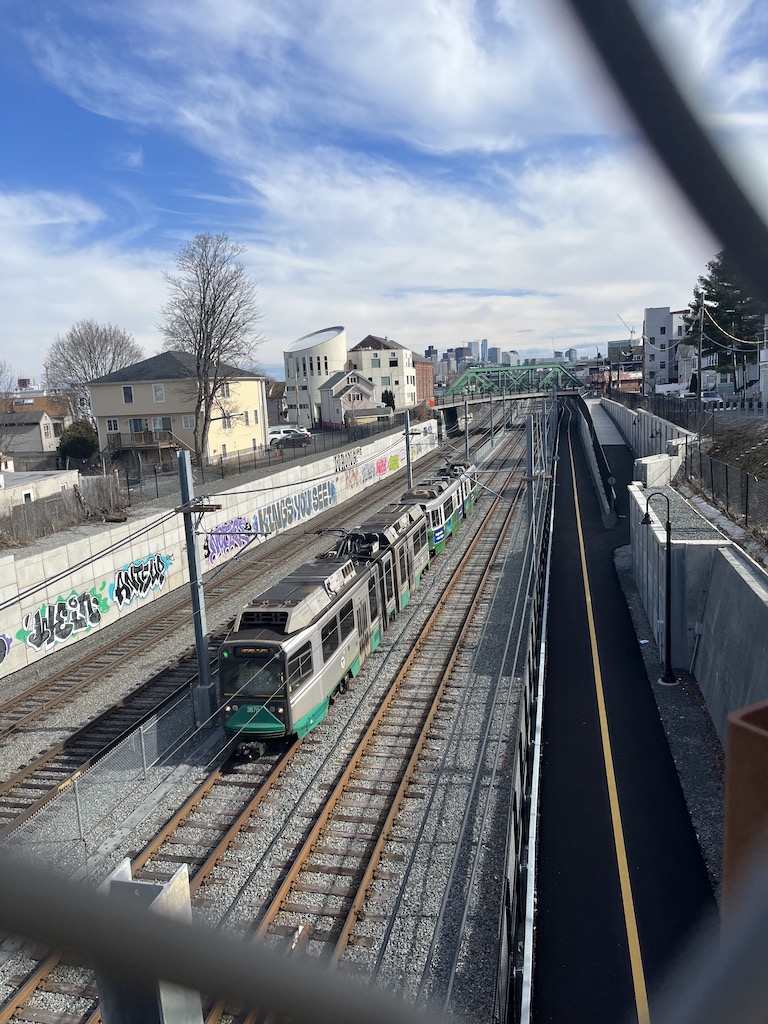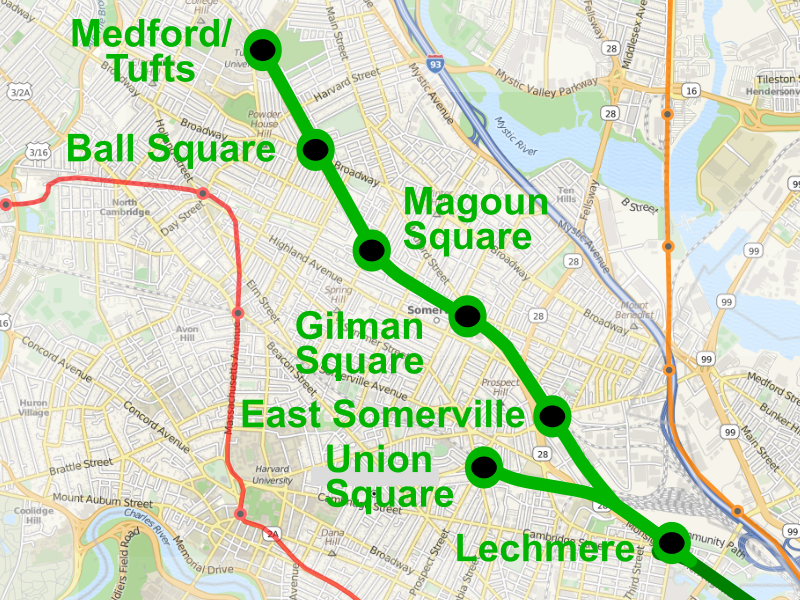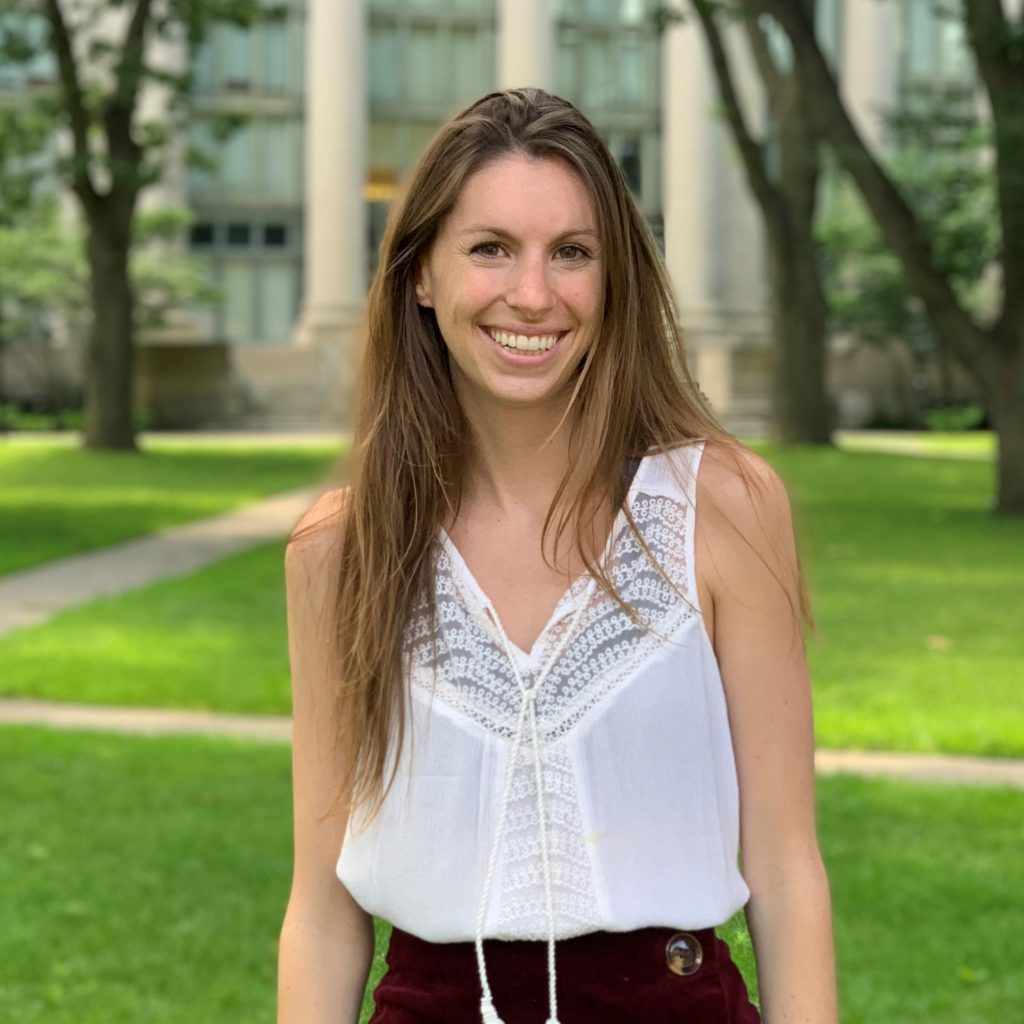Originally published on the Indisputably blog as part of the Theory-of-Change Symposium . You can find all the submissions for the symposium here.
 As we approach the next election, we continue to confront important challenges about engaging across deeply felt differences. Our country remains polarized, and many feel disconnected from those whose views differ from their own. Against this background, many in our field have worked to bring people together to learn from each other in
As we approach the next election, we continue to confront important challenges about engaging across deeply felt differences. Our country remains polarized, and many feel disconnected from those whose views differ from their own. Against this background, many in our field have worked to bring people together to learn from each other in
facilitated dialogue settings.
A theory of change for traditional dialogue efforts might look something like this: If we bring people of different views together to talk with the guidance of a skilled facilitator, they will learn from each other about the experiences that inform their respective views and ultimately see each other in a more complex way, helping to open their minds more broadly to the humanity and complexity of others with whom they disagree. Eventually, we will reach enough people through direct dialogue opportunities to trigger a collective shift in our thinking as a nation about how we engage each other on these issues.
There is evidence that supports this basic theory of change. Direct dialogue work can help people build relationships and expand their understanding of other perspectives. Gwen Johnson described her experience in Hands Across the Hills, a project bringing together people from Kentucky and Massachusetts with different (and some similar) perspectives. In the Harvard Negotiation and Mediation Clinical Program’s Thanks for Listening podcast, she said, “I think that it has stretched my mind and now that it’s been stretched, it can’t go back to its original size.”
At the same time, as many of us who’ve done this work can attest, coordinating traditional facilitated dialogues is time-consuming and requires a significant amount of logistical work—publicizing the initiative, recruiting folks who are willing to come together to talk with others about their views, coordinating many schedules for a multiple session engagement, training and assigning facilitators, etc. It can be especially challenging to attract a robust diversity of views given geographic or institutional demographics. While some programs have addressed this last challenge by bringing people from different parts of the country together in person, the logistical and funding barriers make it challenging to imagine doing this at scale.
Using the Internet to Increase Dialogues
The comparative simplicity of setting up online dialogues would allow us to increase our reach and ability to connect people significantly. While the foundational theory of change would remain essentially the same, our transaction costs would be greatly reduced, and our range would expand exponentially. If your neighbor had a great experience in an online dialogue series, she could forward you a link and recommend that you give it a try yourself. She might send that same link to a friend from her hometown, her brother in the Midwest, and her best friend who is stationed abroad. Given that we’d be able to extend invitations to people across the country, our ability to source a wide range of viewpoints and experiences should increase. We could publicize this effort with email outreach to local libraries, community colleges, and political groups across the political spectrum nationwide.
Given that we’d be able to extend invitations to people across the country, our ability to source a wide range of viewpoints and experiences should increase. We could publicize this effort with email outreach to local libraries, community colleges, and political groups across the political spectrum nationwide.
Our sign-up link could bring interested participants to a central website where they could indicate interest, availability, and topics they’d be interested in discussing. Ideally, we’d also ask people to offer some indication of their views on that subject so that we could ensure a rough mix of perspectives. Once a minimum of 6-8 people were available who shared similar topic interest and availability, we could assign a facilitator who would extend an email introduction and video conferencing link for the first session.
It would be easier to recruit skilled facilitators once we would no longer need everyone to be in a shared geographic location. As demand increased, we could continue to expand our roster by offering video-based facilitation training and coaching. We could work to attract more facilitators from underrepresented communities, increasing the range of perspectives on the facilitation team and opportunities for learning through cofacilitation. While we’re at it, let’s leverage our online platform to enable a learning hub for facilitators to discuss and reflect on their experiences. And given that our dialogues will already take place using video technology, the ease of recording a conversation (assuming participants signed a consent form, of course) means we could easily amass a trove of data that could enable interesting research.
Would we lose something with this approach? Of course. It’s harder to build relationships online. And virtual dialogues are hard to access if you do not have some technological savvy and the requisite resources including a computer, high speed internet access, and free time.
However, we’d also gain something. We’d expand access, decrease the time and cost of organizing this work, and give more people the ability to connect with their fellow citizens directly, rather than forming their views of them based on how they are portrayed in the press. We might even generate enough interest in dialogue from folks who had participated online that we could set up follow-on in-person sessions with less front-end work.
A simplified theory of change might look something like this: If we convene facilitated video-based conversations online, we can enable people from
different areas of the country to build connections with others and learn about how they see the world, expanding their understanding and sense of connection. Those who enjoy the experience will share their experience with others, increasing the reach of the work. The more people we reach, the greater likelihood that we’ll eventually help shift the way we relate to each other.
Who’s with me?




